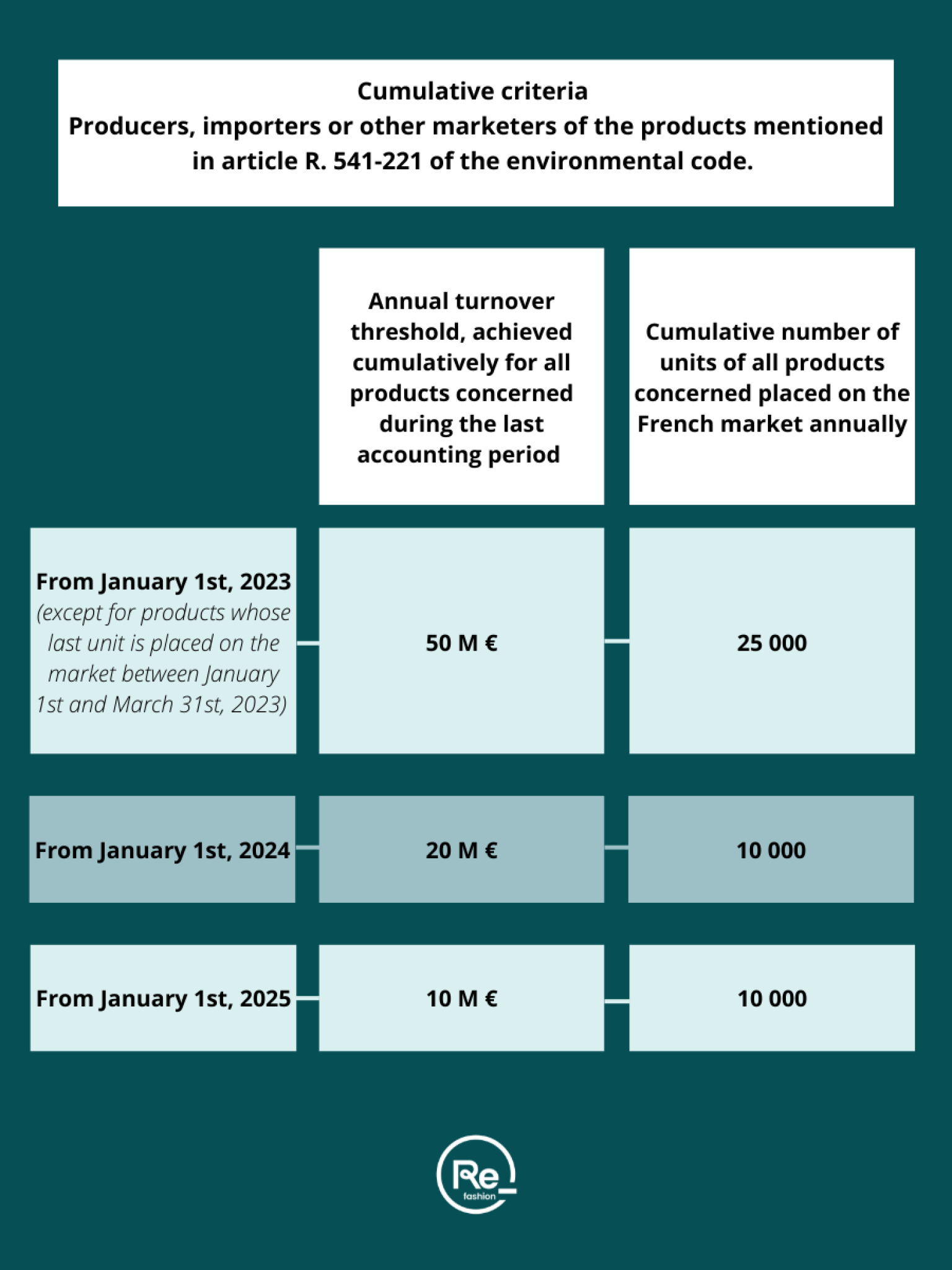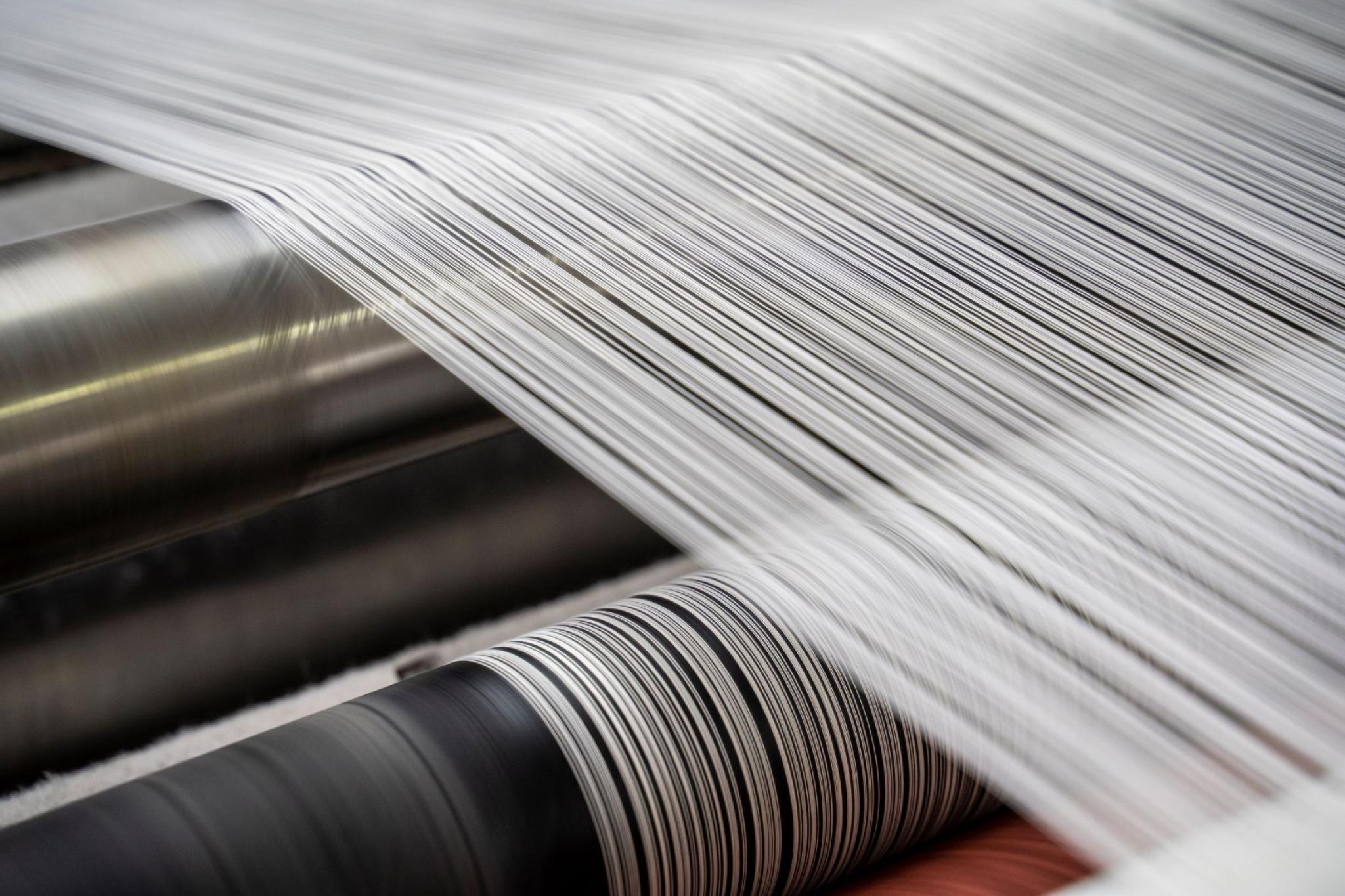All about AGEC law
The anti-waste law for a circular economy (AGEC) aims to accelerate the change of production and consumption model to limit waste and preserve natural resources, biodiversity and climate.
All about AGEC law
The anti-waste law for a circular economy (AGEC) aims to accelerate the change of production and consumption model to limit waste and preserve natural resources, biodiversity and climate.
The law n° 2020-105 of February 10th, 2020 relating to the fight against waste and the circular economy (AGEC) gives a great boost to the ecological transition. It marks an important step for the TLC sector (Clothing, Linen & Footwear), which is firmly committed to sustainable development, and completes the initiatives already taken in this direction.

In application of article R.541-221 VI of the environmental code, Refashion informs its members as follows:
Refashion considers that no information relating to the recyclability of textile products of clothing, household linen and shoes does not have to be placed at the disposal of the consumers. Therefore, there is no need to include any information in the product sheet entitled "Environmental qualities and characteristics".
Please download:
Refashion will inform you of the display conditions for bonuses and penalties when declaring references eligible for eco-modulations.
For your questions concerning any other subject related to Article 13 (traceability, incorporation of recycled materials, plastic microfibers, etc.), please refer directly to the FAQ published by the Ministry of Ecological Transition (available only in French, please use a translation tool to get the information) or contact your professional federation.

In France, environmental labelling of textiles and footwear is currently being tested under the Climate and Resilience Law. At the end of the experiments, an application decree will be published and may make this display mandatory. To learn more, discover our article: Environmental labelling, the latest news